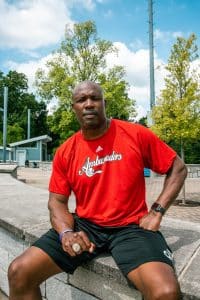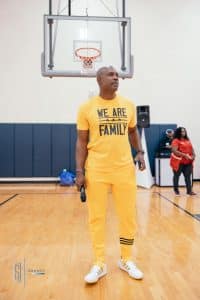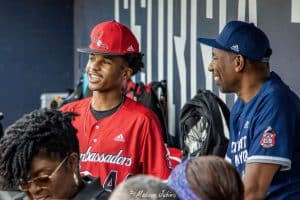 James A. Lovell once said, “Be thankful for problems. If they were less difficult, someone with less ability might have your job.”
James A. Lovell once said, “Be thankful for problems. If they were less difficult, someone with less ability might have your job.”
Problems don’t just happen. People cause problems and problems are solved by people.
Baseball is the vehicle I use most often to coach people through their problems. Being a coach is a calling for me. It is life-giving and heart fulfilling.
I am so thankful there are hundreds of boys and girls, and men and women I have been able to directly impact. And there are thousands I have been able to reach through my book, weekly blogs and YouTube videos.
I’ve been coaching professionally since 1998 and I have definitely made a mark on the game.
Living on purpose is not something that I take for granted. Being convicted got me to the point I became aware of my calling to coach.
When my baseball career as a player was over, I struggled to figure out what to do next because being an athlete was who I was. The four questions I asked myself and mediated on that set me on the path of positive identity and fulfillment were:
1. What do you worry about?
2. What do you dream about?
3. What do you cry about?
4. What brings you joy?
Transformed people transform people. I am a transformational coach and I give honor and glory to God for allowing me to be a coach.
For more information, visit L.E.A.D. Center for Youth today. Also, check out our Digital Magazine.
C.J. Stewart has built a reputation as one of the leading professional hitting instructors in the country. He is a former professional baseball player in the Chicago Cubs organization and has also served as an associate scout for the Cincinnati Reds. As founder and CEO of Diamond Directors Player Development, C.J. has more than 22 years of player development experience and has built an impressive list of clients, including some of the top young prospects in baseball today. If your desire is to change your game for the better, C.J. Stewart has a proven system of development and a track record of success that can work for you.





